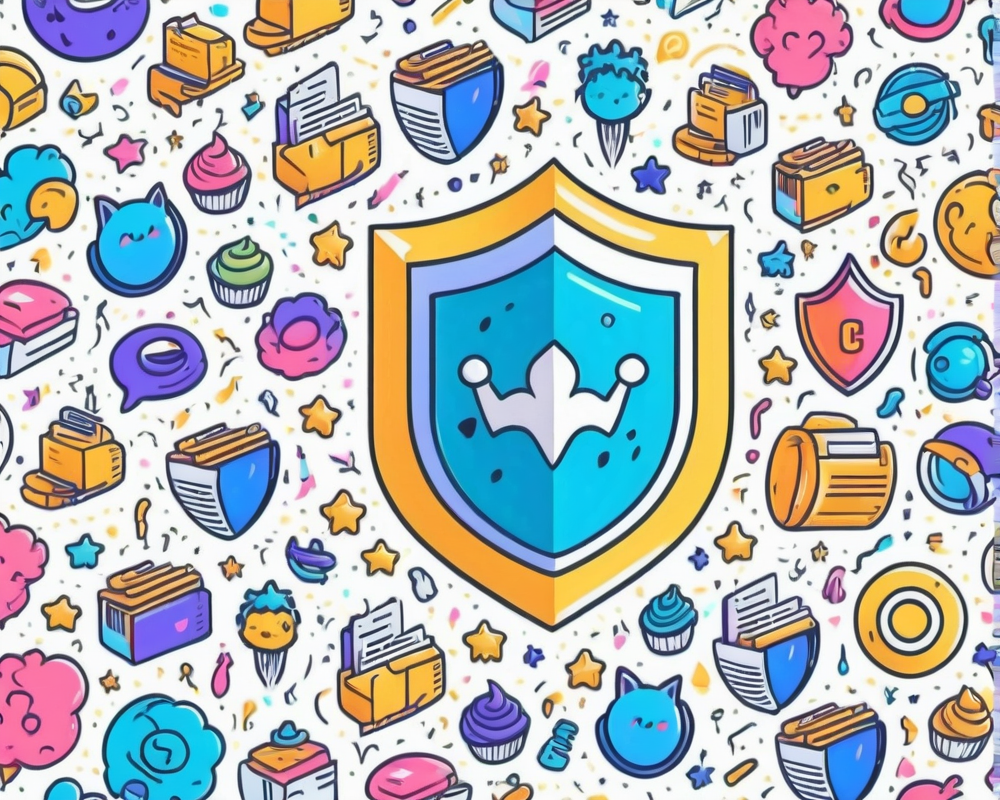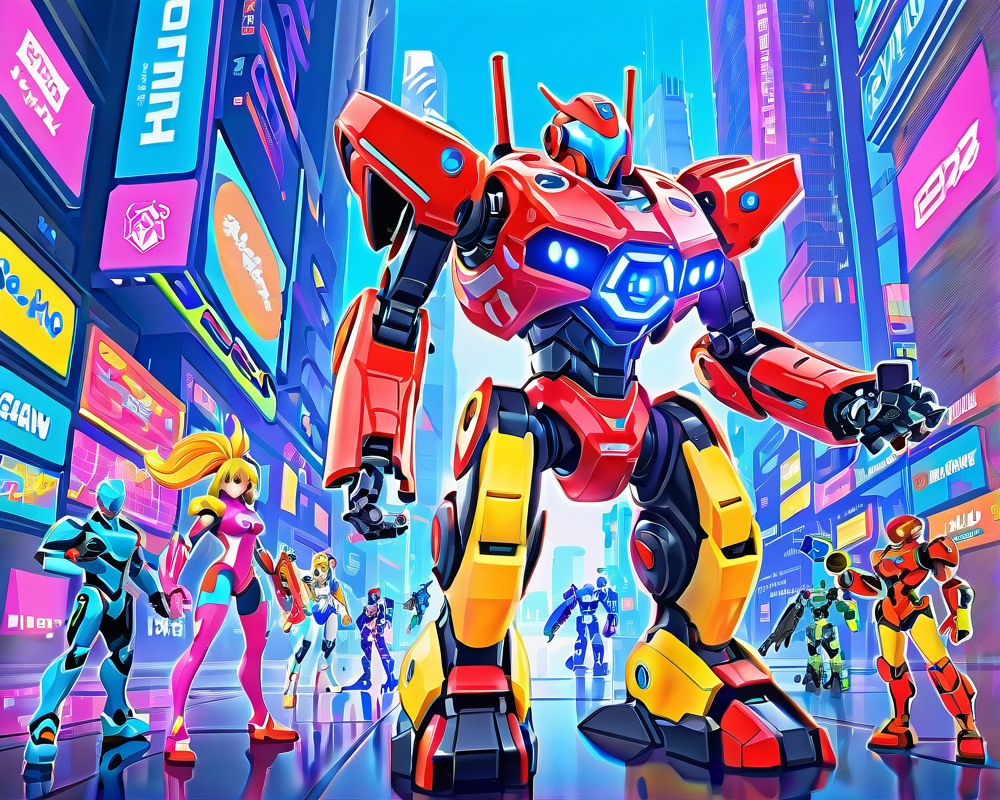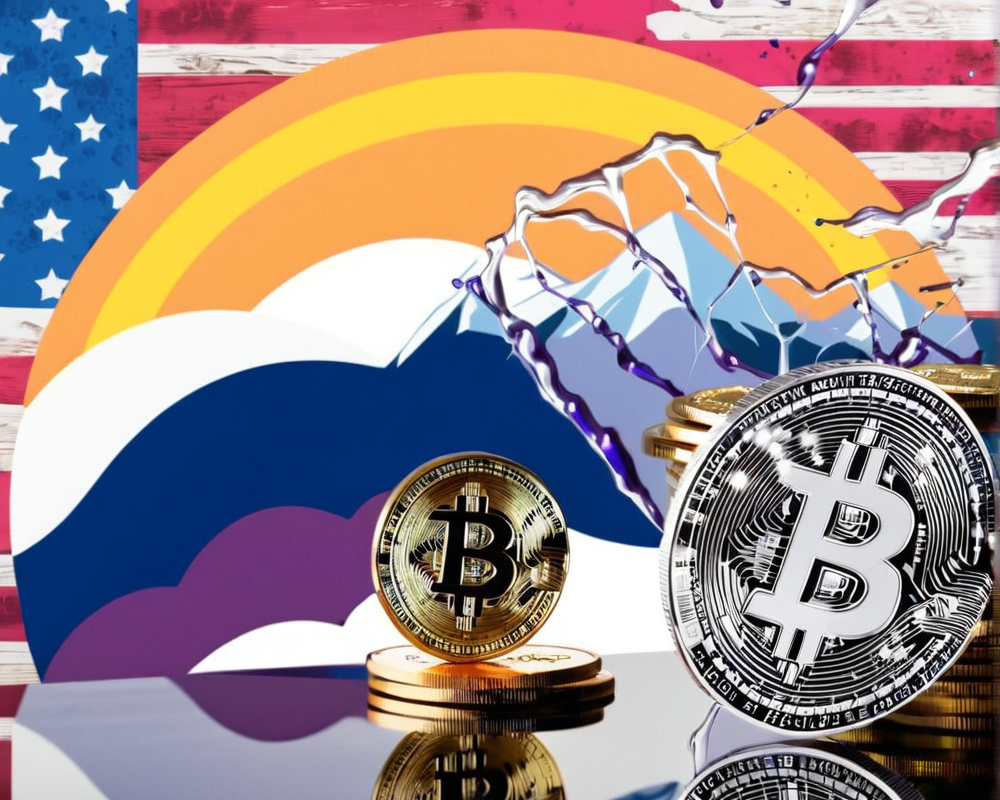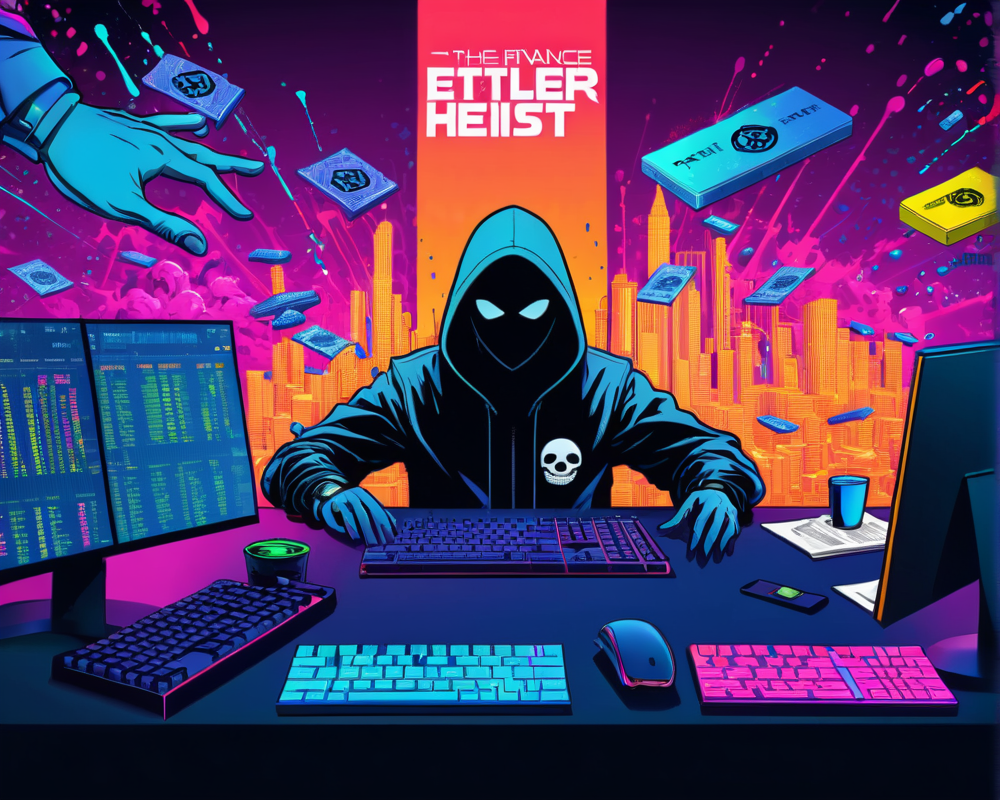The Launch of Copyright Shield
OpenAI is stepping up its game with a bold new initiative dubbed Copyright Shield. This exciting offering is specifically tailored for users of its business-tier ChatGPT Enterprise and developer platform. Basically, if your AI-powered chat gets you into a legal kerfuffle over copyright issues, OpenAI’s got your back—at least if you’re a paying customer. Sorry, free and Plus users, but this ride doesn’t include you.
Sam Altman’s Declaration
During the company’s inaugural developer conference, DevDay, held on November 6, OpenAI’s CEO Sam Altman made a clear promise: “We will step in and defend our customers and pay the costs incurred if you face legal claims around copyright infringement.” It sounds like something straight out of a superhero movie, doesn’t it? Well, it’s real, and it only applies to those who’ve taken the plunge into Enterprise or the API.
Following the Footsteps of Industry Giants
This isn’t just OpenAI trying to stand out in the tech jungle. Companies like Microsoft, Amazon, and Google have been flexing similar legal muscle, offering to protect users embroiled in legal disputes over copyright. Even Adobe and Shutterstock have promised similar support to their users involved in the generative AI scene. Seems like it’s becoming a trend to be the Robin Hood of copyright issues!
New Features Ahead
The DevDay event revealed more than just the promise of legal protection; it also introduced exciting new features on the horizon. Users will soon be able to craft customized ChatGPT models and, believe it or not, sell them on a forthcoming app store! Add to that the announcement of ChatGPT-4 Turbo, which is likely to turbocharge conversations and productivity like never before.
The Legal Minefield
But before we pop the champagne, let’s remember OpenAI isn’t entirely out of the woods. They’re facing a barrage of lawsuits alleging that their AI models were trained using copyrighted material without permission. Notably, comedian and author Sarah Silverman joined forces with two others this July, claiming that their original works ended up in the training data via less-than-legal means. Furthermore, OpenAI has been slapped with multiple suits—some claiming violations of private information—showing that the copyright saga is far from over.




